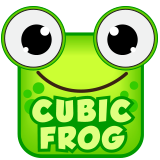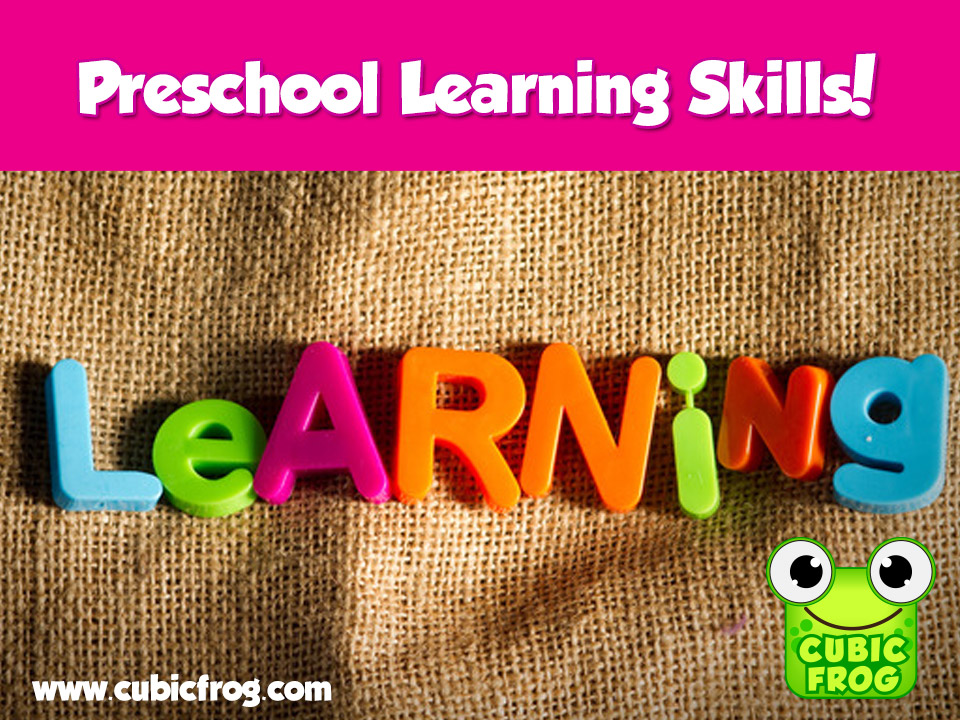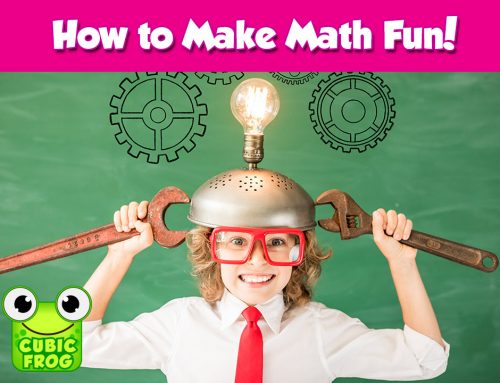Preschool Learning Skills: Learning to Learn
Learning is in itself a learning process–we must learn how to learn. For little ones, focusing on the basics of cognitive development are the key aspects of preschool learning skills. For preschoolers, it’s important their first experiences in school or daycare are carefully formed to prepare them for kindergarten, homeschool or their next level of education.
Here’s our 5 most important preschool learning skills for strengthening little one’s educational muscle power:
1. Setting goals
A light at the end of the tunnel to work towards, we all need this type of guidance. Setting realistic short and long term goals helps children feel like they’re not only making progress but they’re accomplishing something as well. For longer term projects, try creating a ‘goal map’ with multiple steps, which your child can visually check off as they complete each part.
2. Hands on
Making learning a physical action as well as mental means your child will not only retain the material more effectively but studies show attention spans are expanded when a child is not forced to sit still and learn for extended periods of time. Puppets for reading, colorful stones or trinkets for counting and early math problem solving, and apps to match their ongoing lessons are perfect for active learning.
3. Rest
Like anything, over-exercise leads to exhaustion. We want to flex our brain muscles without spraining them. As mentioned before, attention spans can only stretch so far, and the younger the child the small these spurts can be. So, make sure to incorporate fun rest times between work tasks, assignments, lessons, etc. And of course, it’s absolutely necessary to have a full night’s sleep in order to restore the whole body for a full day of brain training and preschool learning skills building.
4. Confidence
Everyone, not just kids, learns best when they feel happy, relaxed, and self-assured. By encouraging your child and creating a loving environment at home, you’re helping them beyond words at day care and/or early school. And don’t hesitate to enquire about their daycare of early school life as well; for example if your child is the victim of bullying it may be preventing them from learning.
5. Consistency
Learning is something we hope to do for the rest of our lives and in this way it’s important to make a routine of knowledge. There are opportunities to teach and be taught in almost every moment, by pointing these out to little one’s we establish an environment where preschool learning skills are not simply reserved for school grounds, but something that is excitedly expected to happen every day.
An easy and simple idea for practicing consistency would be to make activities into a series; try reading a series of books at the same time every day, or break up a book into parts, offer games and apps which have multiples levels or series.





